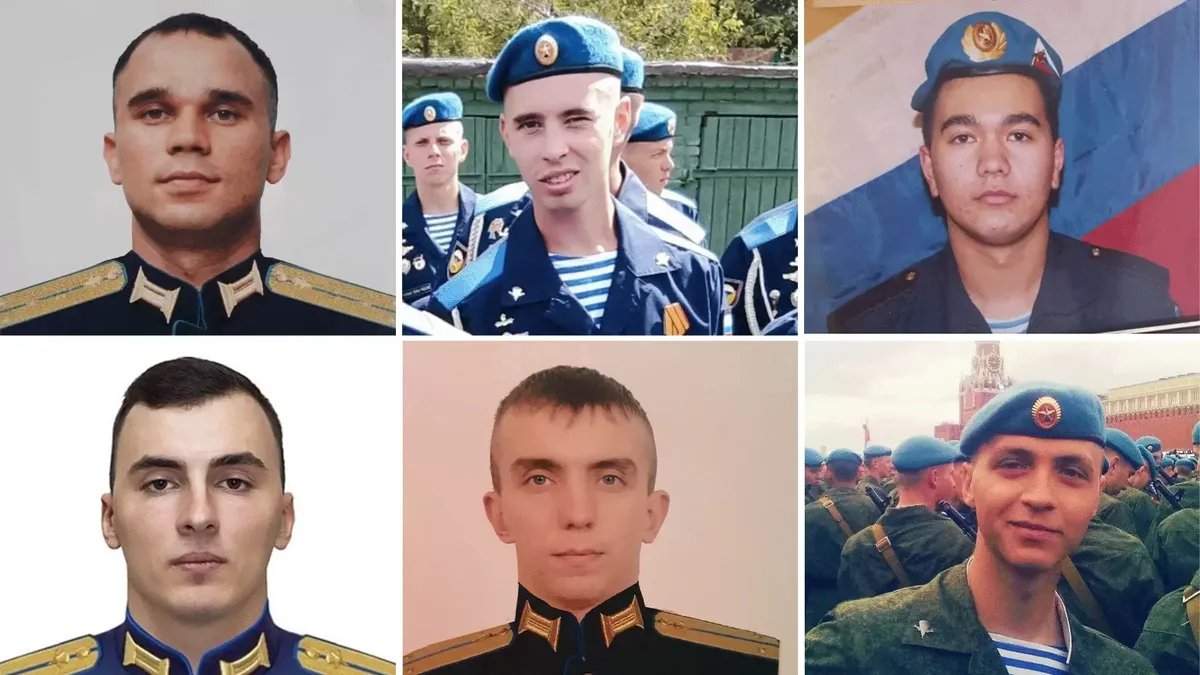Since the start of the war in Ukraine, over 900 elite specialists of the Russian army have been killed, reports BBC Russian Service, citing Western and Russian experts.
Journalists discovered that 151 Spetsnaz GRU soldiers had been killed in the last six months of war, almost every fourth of them an officer. According to open sources, 21 members of the 24th Guards Special Purpose Brigade were killed, four officers among them; 26 servicemen of the 3rd Guards Spetsnaz Brigade were killed, five officers among them.
“According to the assessment of the Centre for Naval Analyses expert Michael Kofman, for every Russian soldier killed in the war there are 3.5 injured servicemen. Based on this data, one can speculate that over 130 people can no longer serve (at least temporarily) in the 22nd Separate Guards Special Purpose Brigade due to death or injury,” BBC Russian Service notes.
It was also reported that the deputy commander, chief of staff, and company commander of the 16th Separate Guards Special Purpose Brigade were all killed in Ukraine. According to BBC’s calculations, at least 8 years of training are needed to replace a GRU company commander with the same military specialty.
During the war, 245 employees of Russia’s National Guard were killed, most of them belonging to the special forces units (Spetsnaz, Special Rapid Response Unit (SOBR), and Special Purpose Mobile Unit (OMON)). Almost every fourth killed soldier held an officer rank, the journalists point out.
At this point, the special forces unit Bars from Kazan has suffered the biggest losses out of all the National Guard units: 10 of its members were killed, including two officers. The special forces unit Mercury from Smolensk counts about the same number of killed members.

The killed soldiers of the 331st Guards Airborne Regiment. Photo: BBC Russian Service
Starting from 24 February, 20 employees of the Federal Security Service (FSB) and Federal Protective Service (FSO) were killed, most of them were serving in border troops.
According to BBC, “paratroopers make up the fifth of identified Russian servicemen that were killed during the war with Ukraine.”
“The Russian combined arms forces were not prepared for assault operations. A small part of them — conceptually, due to a lack of heavy equipment but the bigger part — technically, due to simply not knowing how to conduct close combat with small arms,” says retired Russian officer Alexander Aratunov.
According to open data, the 331st Guards Airborne Regiment from Kostroma suffered big losses: over 80 soldiers were killed, including the regiment commander and 20 officers. With the addition of unofficial data, “the real number of killed in the 331st Regiment could be as high as 150 people.”
Among the Russian Naval Infantry, the biggest losses were suffered by the 810th Guards Naval Infantry Brigade from Crimea. BBC reports that 56 soldiers of the brigade were killed, including its commanders Alexey Sharov and Sergey Kens.
The 336th Guards Naval Infantry Brigade lost 40 soldiers, including the brigade chief of staff and deputy commander; the 155th Guards Naval Infantry Brigade lost 52 people, including eight officers.
There are also reports about the death of 67 Russian military pilots, including co-pilots and flight mechanics.
“It’s a special kind of loss seeing as crews of military planes and helicopters are made up of valuable specialists and are considered the elites in any army of the world. The training of one pilot-sniper could take up to 15-17 years and cost $12-14 mln,” reports BBC.
The main reason for deaths among the elite specialists, according to the outlet, is the fact that “the Russian combined arms forces were not prepared for assault operations.” This led to the special forces units, naval brigade members, and paratroopers having to complete infantry tasks they were not trained for.
In total, BBC Russian service and Mediazona together with volunteers, using open data source, identified 5,701 Russian soldiers that had been killed in the war.
“From 5,701 identified Russian soldiers that were killed in the war in Ukraine, 966 (17%) were officers, among them four generals and 34 colonels,” the investigation states.
